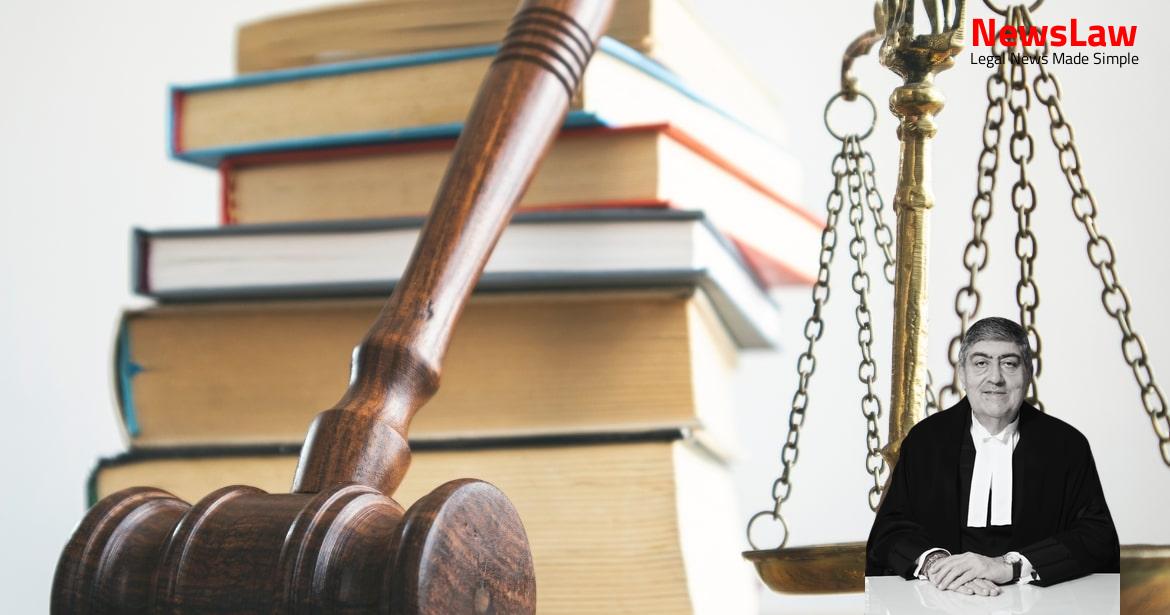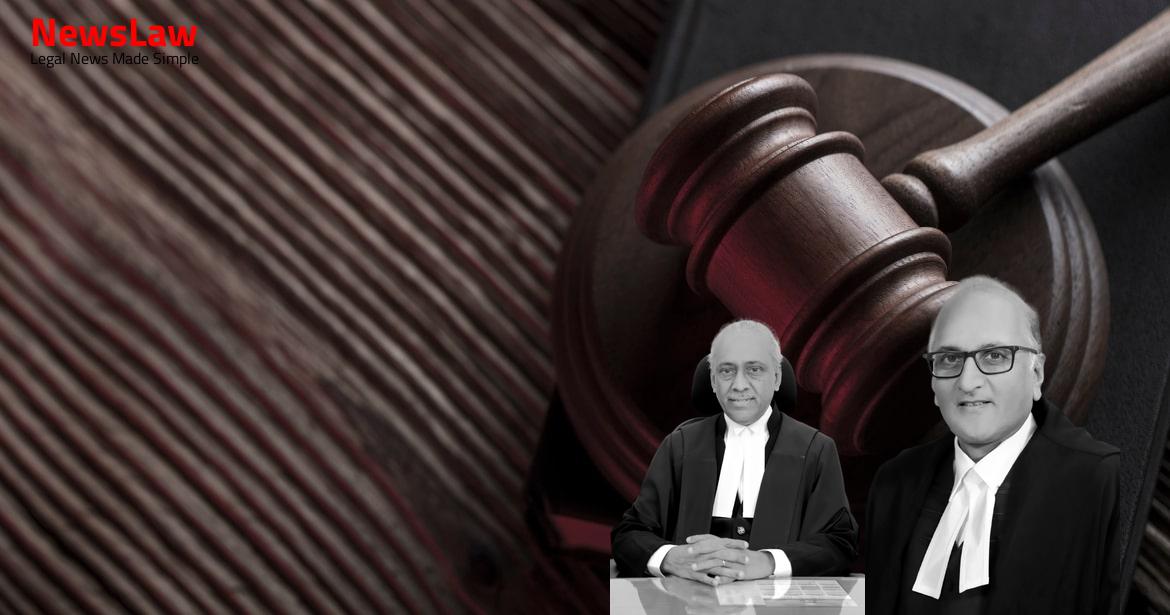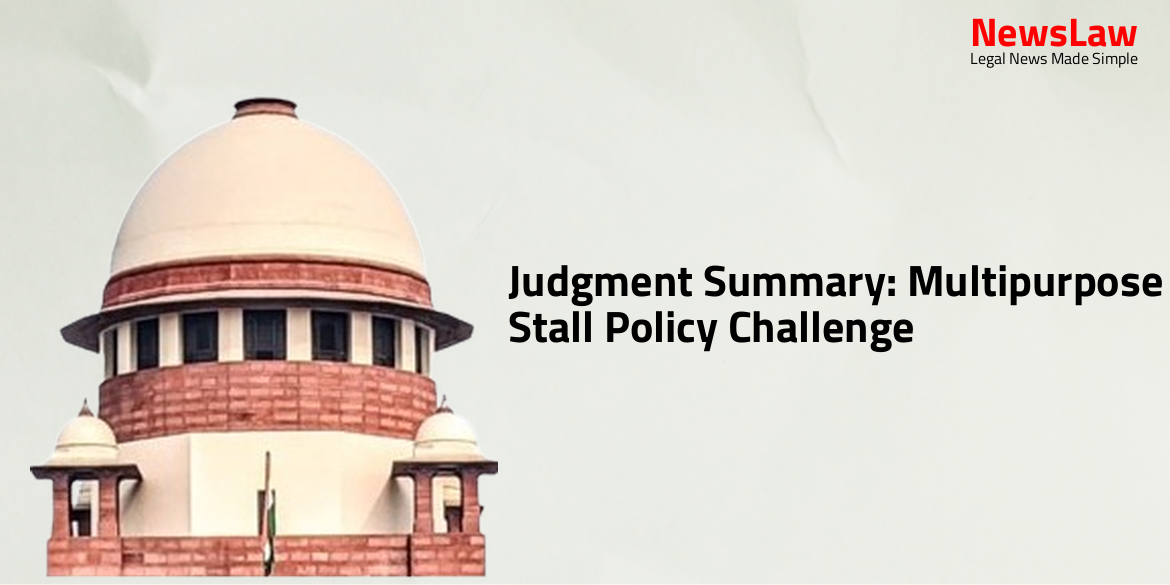In the ongoing legal battle between Usha Anandhasubramanian and the CBI, pertaining to liability under Section 339 of the Companies Act, a significant development has occurred. The appeal has been allowed, setting aside the previous judgment and remanding the case back to the lower court. This case delves into the intricate nuances of fraudulent conduct during the winding up of a company. Follow along for more updates on this crucial legal matter.
Facts
- Usha Anandhasubramanian, former MD & CEO of Punjab National Bank, has filed an appeal.
- CBI has filed a charge sheet against multiple individuals in connection to the Punjab National Bank and Gitanjali Gems Ltd.
Also Read: Legal Analysis of Property Occupation in Insolvency Resolution
Arguments
- Mr. C.S. Vaidyanathan, Senior Advocate for the appellant, argued that the criminal case against the appellant is limited to an omission to prevent fraud by Nirav Modi, not directly perpetrating the fraud.
- Mr. Sanjay Jain, Additional Solicitor General for the respondent, upheld the orders of the NCLT and the NCLAT by referencing Sections 337 and 339 of the Companies Act.
- Mr. Vaidyanathan highlighted the freezing of assets and injunctions imposed by the NCLT under Section 241, emphasizing that such measures are restricted to the mismanagement of the specific Company in question, not applicable to other corporate bodies.
- He argued that any freezing of the appellant’s assets under Section 241 of the Companies Act would exceed the NCLT’s jurisdiction as it pertains only to the internal affairs of the concerned Company.
Also Read: Legal Analysis on Physical Ability in Rape Case
Analysis
- Section 339 of the Companies Act pertains to liability for fraudulent conduct of business during the winding up of a company.
- If it is found during the winding up process that the business was carried out with intent to defraud creditors or for any fraudulent purpose, the Tribunal can declare individuals responsible for the company’s debts and liabilities.
- The declaration can apply to directors, managers, officers, or other individuals knowingly involved in the fraudulent conduct of business.
- The Tribunal has the authority to impose personal liability without any limitation for the debts or liabilities of the company on the responsible individuals.
- The Official Liquidator, Company Liquidator, creditors, or contributories of the company can apply to the Tribunal for such a declaration.
- The Tribunal may also allow the Official Liquidator or Company Liquidator to provide evidence or call witnesses during the application hearing.
- The impugned order passed by the NCLAT and NCLT has been set aside.
- Section 339(1) refers to persons other than the parties involved in mismanaging the business of the company in question.
- The powers under Section 339 cannot be used to implicate individuals heading other organizations and attach their assets.
- Section 339 pertains to any business of the company carried out with the intent to defraud creditors of that specific company.
- The judgment does not impact investigations conducted by the CBI or the SFIO.
Also Read: Legal Analysis on Admissions and Document Consideration in Insolvency Case
Decision
- The appeal is allowed
- The judgment is set aside
- The case is remanded back to the lower court
Case Title: USHA ANANTHASUBRAMANIAN Vs. UNION OF INDIA (2020 INSC 176)
Case Number: C.A. No.-007604 / 2019



